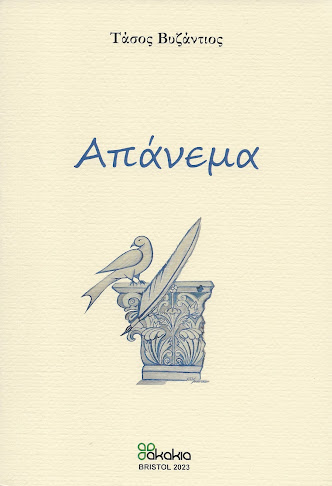Archaeological
breakthrough as scientists discover hidden treasure in ancient Greek city
Archaeologists from the University of Michigan have
made a remarkable discovery of a hoard of Persian gold coins in the ancient
Greek city-state of Notion, situated on the west coast of Anatolia in Turkey.
This find promises to shed new light on the historical
interplay between ancient Greek and Persian civilisations.
The hoard was uncovered in a small ceramic pot within
a large courtyard house at the heart of Notion.
Among the coins are several darics, a type of gold
coin issued by the Persian Empire, likely minted in the 5th century BC at
Sardis, the capital of the Persian satrapy of Lydia.
These coins feature the depiction of a kneeling
archer, a characteristic design of the Persian daric, believed to be used as
payment for mercenary troops.
Christopher Ratté, from the Kelsey Museum of
Archaeology and director of the Notion Archaeological Project, pointed out the
rarity and importance of such a discovery in a controlled archaeological
excavation.
"The discovery of such a valuable find in a
controlled archaeological excavation is very rare," Ratté said.
He added that the hoard would provide a firm date,
serving as an anchor to help fix the chronology of the entire sequence of
coins.
Notion is located about 50 kilometres south of Izmir
in modern Turkey.
The city-state was strategically situated on a hill
overlooking the sea, serving as a port for the nearby cities of Colophon and
Claros.
Pilgrims often passed through Notion on their way to
the oracle of Apollo at Claros.
Today, visitors can still see remnants of the city's
defence walls, necropolis, temple, agora, and theatre.
Notion represents an extraordinary archaeological
resource: a well-preserved and almost completely unexplored ancient city lying
on the seaside in western Turkey.
Its proximity to other major archaeological sites,
including Klaros, Kolophon, Metropolis, and Ephesus, further enhances its
significance.
The University of Michigan and Brown University
initiated an archaeological survey project at Notion in 2014.
Due to the absence of a prominent Classical temple or
other signature monument, a systematic archaeological investigation of the city
had not been previously undertaken.
However, Notion's landscape, largely free of
vegetation and modern buildings, makes it exceptionally well-suited for
archaeological survey.
ΠΗΓΗ: Microsoft Start News












































No comments:
Post a Comment